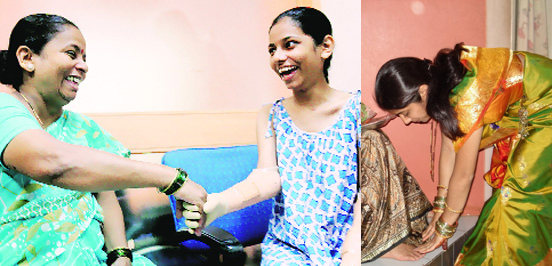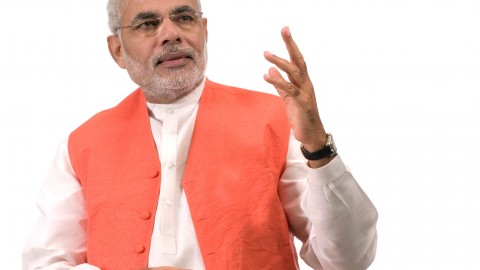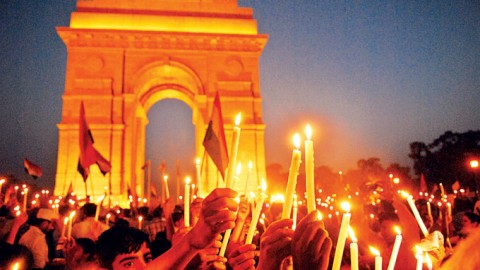Traditional versus modern. The later half of the 20th century and beyond has been gripped with this classic debate. Who will emerge triumphant eventually?
Before we get into the details, we must state what these two terms stand for. The general notion of modernity basically reiterates Western ideas of growth, progress and development encompassing all aspects of life. The very concept of being ‘modern’ is built upon the principles and value system of the West. So, when the East was under Western domination in the form of colonialism, imperialism, etc. there was an imminent threat of the rich culture and heritage of this part of the world getting diluted and 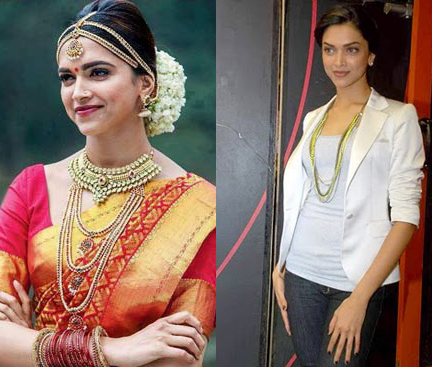 submerged under the gigantic wave of Western modes of conduct. As a combat to this challenge, the past was glorified in order to help create a distinct identity in the face of the Western nations and thus, tradition was emphasized as an identity-marker. But what is this tradition? In India’s context, it refers to our ‘sanskar’ and ‘sanskriti’. So, it can be said that in an attempt to ward off Western ideological domination there was a resurgence of the ‘tradition’.
submerged under the gigantic wave of Western modes of conduct. As a combat to this challenge, the past was glorified in order to help create a distinct identity in the face of the Western nations and thus, tradition was emphasized as an identity-marker. But what is this tradition? In India’s context, it refers to our ‘sanskar’ and ‘sanskriti’. So, it can be said that in an attempt to ward off Western ideological domination there was a resurgence of the ‘tradition’.
On paper, traditional and modern might appear as clearly dichotomized concepts, but in practice, they are convergent and this is all the more evident in India. Contemporary India is a melting pot of a multitude of ideologies and with globalization widening its horizon every passing second, it becomes the perfect location for the coexistence of these views.
Now coming to the actual practice of these concepts and how they manifest themselves can be found in the everyday life of the common man of this country. Let’s take the simple example of clothing. With the adoption of American fashion styles and clothes especially by women, it had created uproar in the conservative section of our society. Coming out of the traditional salwar-kameez and adorning jeans and tops led to a sudden outburst condemning this act and quite ridiculously enough, nearly all crimes against women somehow superficially came down to the clothes they wore. If she is wearing a pair of jeans, she is damned to be raped! Even more hilariously absurd rationale given for rapes was Western fast food!
At the same time I would like to point out that Indian culture is considered to be one of the most open cultures which allows all variety of views, ideas and principles to enter and exist simultaneously which is an amazing feat in itself. While acknowledging this fact, how this coexistence actually plays out is a matter of debate.
But should we stand by our tradition just for the sake of it? Just because it is supposed to be a part of our identity and a part of our culture should we embrace it exclusively? The question that we need to ask ourselves is that if our tradition is inhibiting us and preventing us from acting out our inner desires, is it not reason enough to part with this aspect of our tradition? Why is it so difficult to allow modernity to set in which gives us liberty and 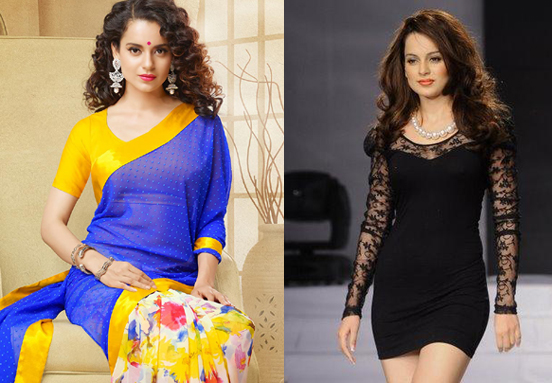 freedom of choice, want and action?
freedom of choice, want and action?
If we have a tradition of arranged marriages in our country where a woman is denied a say in the most important decision which will shape her future, how can we even speak of equality as our fundamental right! How can choosing her own life partner be a crime when looked at with a traditional gaze? What is so wrong in the concept of giving freedom of choice to an individual in matters that will govern her/his life? If modernity vouches for individual freedom what is wrong in accepting it? Just for the sake of keeping in touch with our past and how things have been going on since literally time immemorial, how can we snatch the basic right to lead one’s life on one’s own terms from an individual?
If our so called traditions are formed on grounds of inequality and injustice, how can we complacently adopt it? The complication that arises when asked to imbibe Western modern views is that it will be perceived as a victory for the West as the
East finally succumbed to them. And being a country which takes great pride in our past, how can we let that happen? But at what cost are we taking this decision? At the cost of each person how possesses an inner desire which he cannot materialize simply because it runs against his traditional value system.
I am not asking for a complete rejection of our customs and the internalization of modernity, but I am simply trying to find the perfect balance. Of course, our past has a lot to offer and nobody is asking anyone to do away with it but only let go of the redundant aspect and incorporate the just alternative. As the most poignant step it is the need to recognize and understand the limitations and attempt to alter them so as to simply provide every individual access to all pleasures of life. My basic argument is that no person should be denied the right to do what he wishes to merely because his value system doesn’t permit it. It’s high time that we start questioning it and refuse to comply with norms which are inherently unequal and unjust.
Tags: Traditional vs Modern
